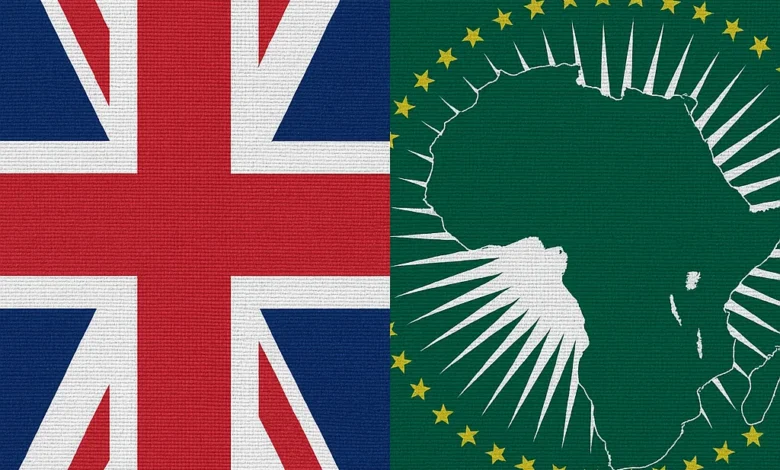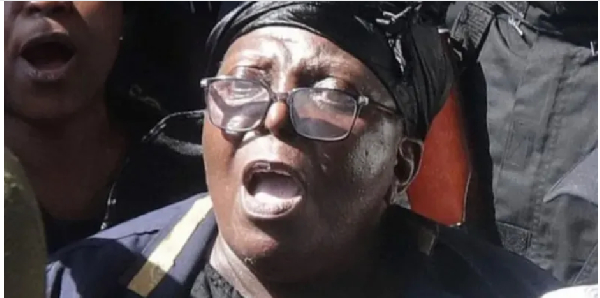UK Eases Trade Rules for Africa to Boost Exports and Economic Growth

The United Kingdom has introduced landmark reforms under its Developing Countries Trading Scheme (DCTS) aimed at strengthening trade partnerships with African nations and unlocking new economic opportunities across the continent.
The reforms, unveiled on July 10, 2025, are set to benefit African exporters and entrepreneurs by simplifying access to the UK market, reducing tariffs, and promoting intra-African trade.
Central to the reforms are simplified rules of origin, allowing African countries—including those with intricate supply chains like Nigeria—to source materials from within the continent and still qualify for duty-free access to the UK. This change is expected to enhance the effectiveness of the African Continental Free Trade Area (AfCFTA), which boasts a market potential of over $3.4 trillion.
In 2024 alone, African nations exported goods worth over £3.2 billion to the UK under preferential trade terms. The updated DCTS aims to significantly increase that figure by lowering barriers for small businesses and expanding access across more sectors.
UK Minister for Development, Jenny Chapman, highlighted the shift in global trade thinking:
“The world is changing. Countries in the Global South want a different relationship with the UK—as trading partners and investors, not just aid recipients.”
UK Minister for Trade Policy, Douglas Alexander, reinforced this development-first approach:
“No country has ever lifted itself out of poverty without trading with its neighbours. Trade has been key to lifting millions out of poverty around the world.”
The reforms also cover trade in services—such as legal, digital, and financial services—with the UK committing to strengthen trade agreements and offer technical assistance for African exporters. To help African exporters tap into UK markets, the UK will provide targeted technical assistance in meeting product standards, navigating customs, and streamlining procedures.
This aligns with the UK’s “Trade for Development” strategy, designed to make global trade more inclusive while giving UK consumers access to high-quality, competitively priced imports.
A Post-Brexit Pivot to Equitable Global Trade
Originally launched in 2023 as a post-Brexit initiative, the DCTS covers 65 developing countries, offering reduced or zero tariffs on over 3,000 products.
The July 2025 reforms are the clearest signal yet that the UK intends to position itself as a champion of equitable, rules-based trade with developing economies—especially in Africa.
With trade increasingly seen as a catalyst for sustainable development, the new DCTS reforms could reshape the future of UK-Africa economic relations.





